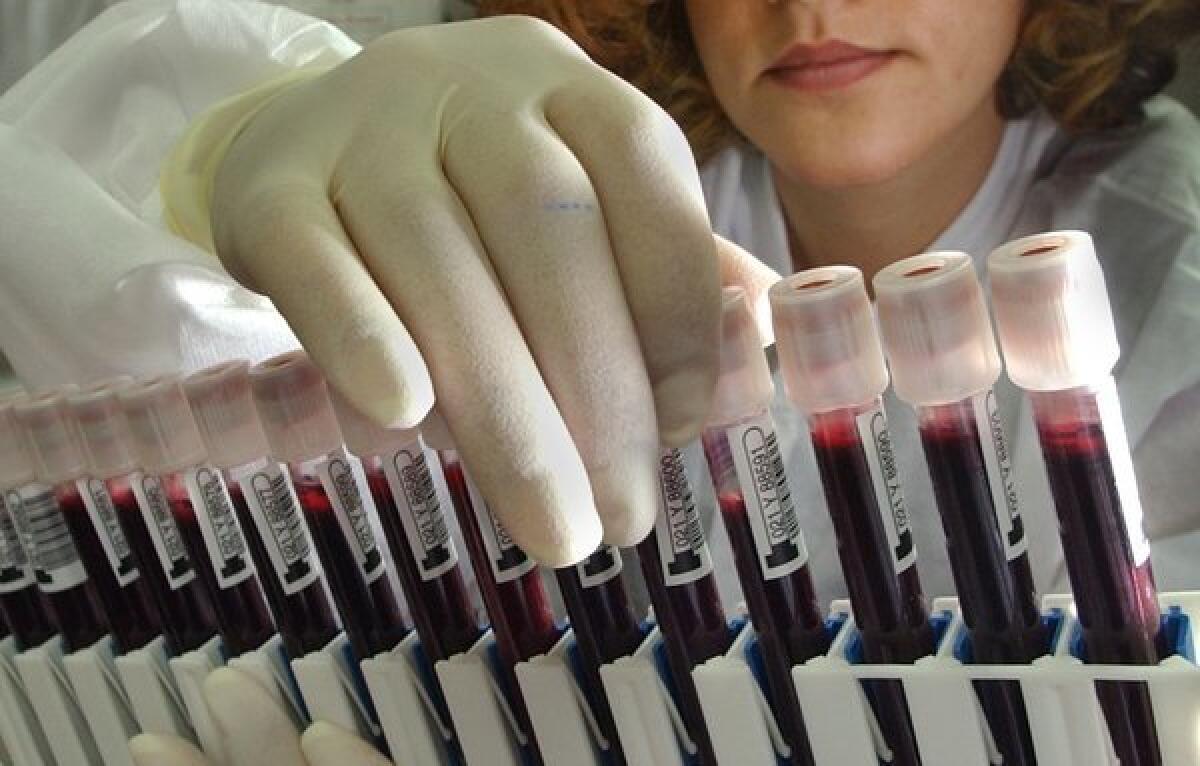Fatal case of West Nile virus linked to blood donation

A transfusion of blood tainted with West Nile virus most likely caused the death of a hospitalized cancer patient in 2012, according to a new report by the U.S. Centers for Disease Control and Prevention.
In its Morbidity and Mortality Weekly Report on Friday, researchers urged doctors to suspect the virus in patients who had lowered immunity and had recently received transfusions.
“Although WNV is rarely transmitted through screened blood products, clinicians should consider WNV disease in patients with compatible symptoms who were recently transfused,” wrote lead author Dr. Sharon Kelly, a pathologist at Presbyterian/St. Luke’s Medical Center in Denver, along with her colleagues.
The virus is commonly spread to humans by mosquito bites. Most people who get an infection will not even realize it, according to the CDC. But 1% of those infected will suffer severe neurological illnesses such as encephalitis and meningitis as a result.
The patient who received the tainted blood was suffering from non-Hodgkin’s lymphoma and had been admitted to the Denver hospital for chemotherapy and a stem cell transplant.
Four weeks after admission, the patient, who has not been identified, began experiencing fever, and ultimately died of encephalitis. Evidence of West Nile virus was discovered in brain and spinal cord tissues during autopsy, according to the study.
Doctors ruled out infection by a mosquito, since the patient was in the hospital long before symptoms arose. They turned their attention instead to the donated blood.
Two screenings had been done on the donated blood at the hospital’s blood bank before it was used. One test showed possible evidence of the virus, while a second, more sensitive test showed a negative result. Following FDA guidelines, the blood was released for medical use, according to the report.
An official at the blood bank said the patient’s death was an “unfortunate perfect storm,” according to Denver’s ABC 7NEWS.
Researchers hypothesized that that the concentration of the virus was very low, but significant enough to cause illness in a patient whose immune system was compromised.
The hospital said in a news release that it would continue to work with the blood bank, the CDC and the Food and Drug Administration “to ensure the safety of all donated blood products, and to safeguard the well-being of the patients entrusted to our care,” according to the Daily Camera.







